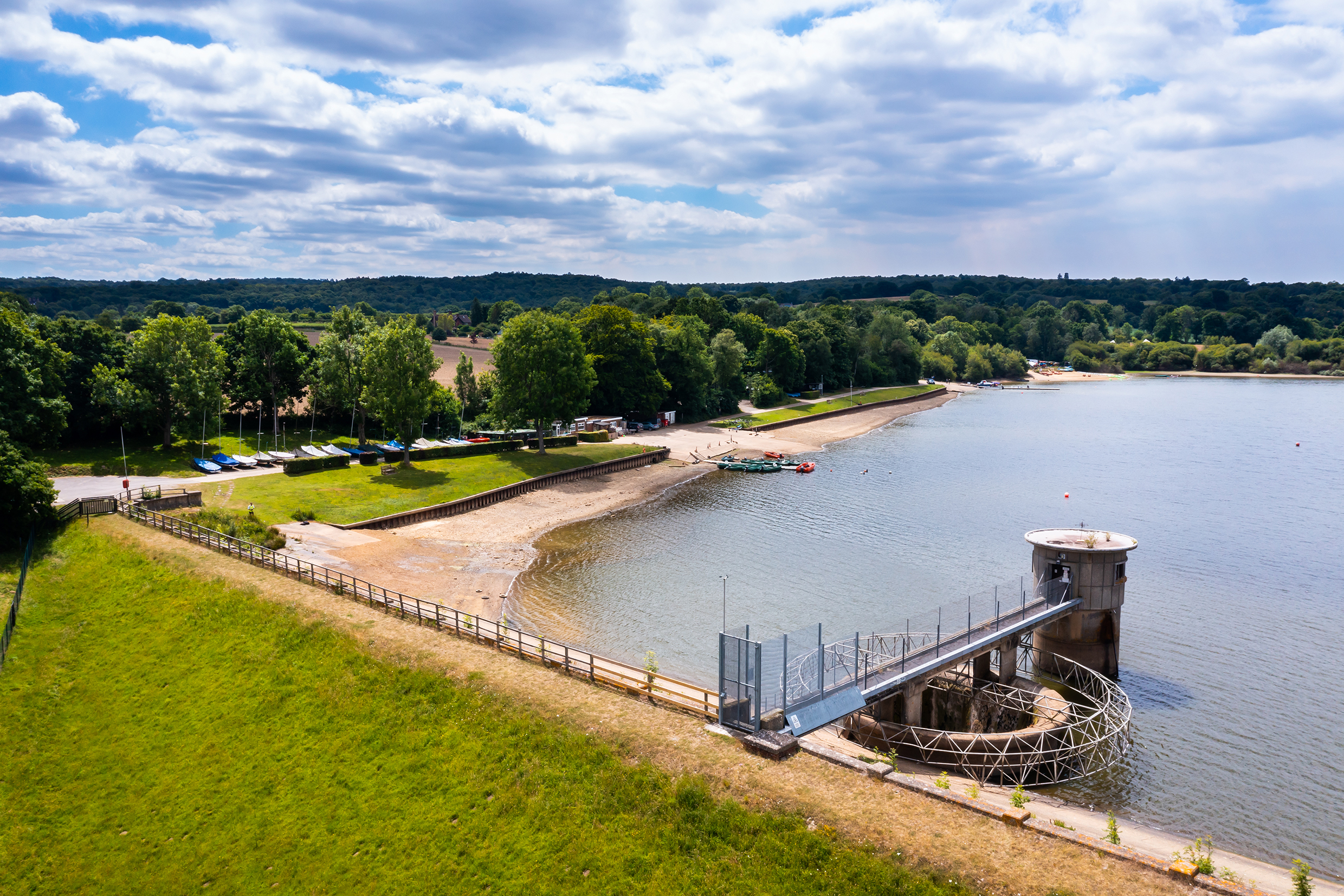Water Futures In The South East Towards 2050
We've commissioned this independent report to support our long-term planning and help us create a resilient water future to 2050.
Overview
The global water industry is at a turning point and is facing unprecedented change. This is driven not only by potentially volatile climate change but also by increased demands for cost-effective basic services.
This strategic, long-term review explores the critical driving forces and ‘high impact’ uncertain variables within which Southern Water operates, from global to community levels. Interpreting how these may interact and play out over time helps us to create the initial framework within which we can begin to make present-day decisions.
An overview of the critical driving forces
These are the key driving forces and high-impact variables that will affect our region in the coming decades.
An overview of the critical driving forces
These are the key driving forces and high-impact variables that will affect our region in the coming decades.
1. Climate change
We're entering an era in which abrupt and unpredictable biosphere and climate changes may create large-scale disruption.
2. Ecosystem thinking
We need to change the way we think about our delicate ecosystem to be able to create a sustainable balance.
3. Collaboration redefined
We need to focus on inclusive co-creation amongst groups of stakeholders who share a common vision, identity and sense of purpose.
4. Digital transformational change
New digital technologies can improve the resilience and performance of our core infrastructures and environment.
5. Nanotechnology advances
Nanotechnology advances will make desalination increasingly economic and will benefit both domestic and large-scale installations.
6. Cultural and social change
The changing dynamics of cultural and social attitudes will transform the way we think about environmental standards.
Always improving
In the years to come, water, energy and agriculture will emerge as hotspots of systemic invention and benefit from global marketplaces of ideas.
Radical innovation will herald the emergence of an age of mass automation, cross-border electronic trading in ideas and remote manufacturing.
This innovation and creativity is what will help us to drive change and create a sustainable and resilient water future.

Ian McAulay, Chief Executive Officer Southern Water
"Water plays a unique and vital role in all our daily lives. Without exception it is critical to our communities, homes, schools, businesses and environment. We commissioned this report to provide an independent view on the future of water in the South East, to support and inform our long term planning as we navigate our way through a time of great change both within the water sector and across wider society."

Key takeaways
The high-impact, high-uncertainty variables described in this report will have an increased impact on the South East. These major variables will in combination create an unprecedented, unpredictable environment that is fast-moving and complex with both opportunity and threat.
It's within this environment that we must plan ahead in order to provide the best customer service, optimal investment, and the agility and flexibility needed to take advantage of the enormous opportunities to do business differently.
We've identified a number of transformational projects to turn the theory discussed here into practice and are committed to operating a fully integrated water environment, working seamlessly with a range of stakeholders.




